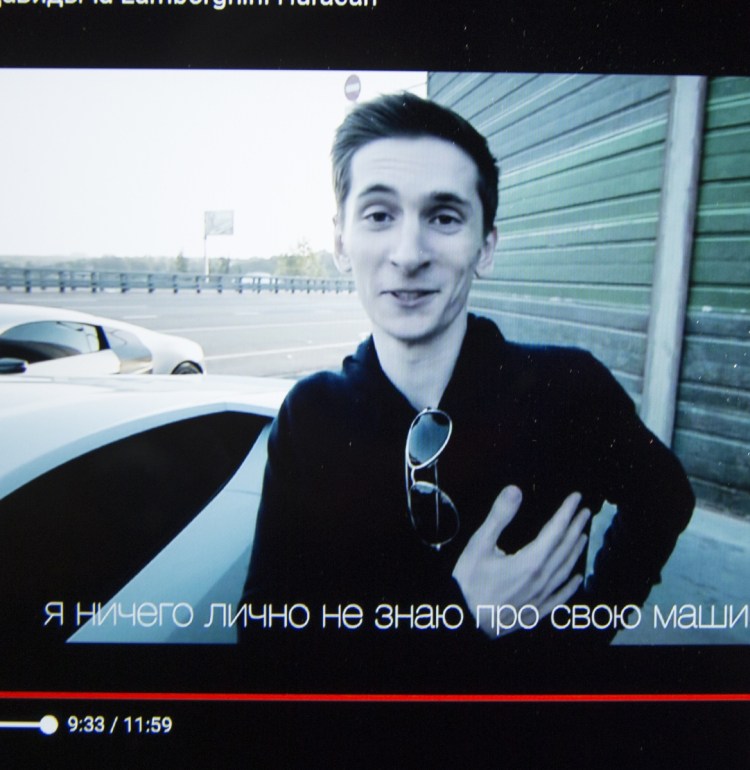WASHINGTON — The Czech Republic’s long-sought decision to surrender custody to the FBI of an alleged Russian hacker signals a potential break in the investigation of Kremlin meddling in the 2016 U.S. elections.
The Justice Department announced Yevgeniy Nikulin’s sudden appearance in a San Francisco federal courtroom Friday after an 18-month legal tug-of-war with the Russian government, which made a competing claim to extradite Nikulin.
Nikulin, 30, was arrested in a Prague restaurant on Oct. 5, 2016, and three days later, then-President Obama made his first accusation of Russian meddling in the U.S. election. On Oct. 20, Nikulin was indicted on federal charges of hacking the private user databases of three U.S. internet giants – LinkedIn, Dropbox and Formspring – and mail accounts tied to Google. The indictment alleges Nikulin used several aliases, including Chinabig01 and itBlackHat.
Nikulin’s extradition is expected to lead to intense pressure from U.S. prosecutors for him to agree to a plea deal so that investigators can learn what he knows about the Kremlin’s cyberoperations. Still to be learned is whether Nikulin has information that could assist special counsel Robert Mueller’s inquiry into whether Donald Trump’s presidential campaign colluded in Russia’s cyberattacks during the election.
“The FBI will not allow international cyber criminals to operate with impunity,” John Bennett, special agent in charge of the FBI’s San Francisco office, said in a statement. “Nikulin allegedly targeted three Bay Area companies through cyber-attacks and will now face prosecution in the United States.”
Nikulin’s extradition happened days after a visit to Prague by House Speaker Paul Ryan, R-Wis., who called for his extradition during his stay. Ryan and Czech Prime Minister Andrej Babis discussed the case during a meeting Tuesday. Ryan tweeted out thanks late Friday for the action.
Russia’s request sought to bring Nikulin back to that country to face minor internet theft charges that many observers felt were cobbled together in order to keep Nikulin from falling into American hands and divulging potentially embarrassing information about Kremlin intelligence operations. Radio Praha reported Friday that the Russian ambassador was not informed of Nikulin’s extradition and that the Czech court would explain the basis for its decision on April 3.
“The red flag for me is why the Russians fought so hard to keep him from being extradited,” said Nick Akerman, a former Watergate prosecutor. “Why would they care about some low-level hacker?”
Nikulin was “in the right place, at the right time in terms of what the Mueller probe is interested in,” he said.
Send questions/comments to the editors.



Comments are no longer available on this story